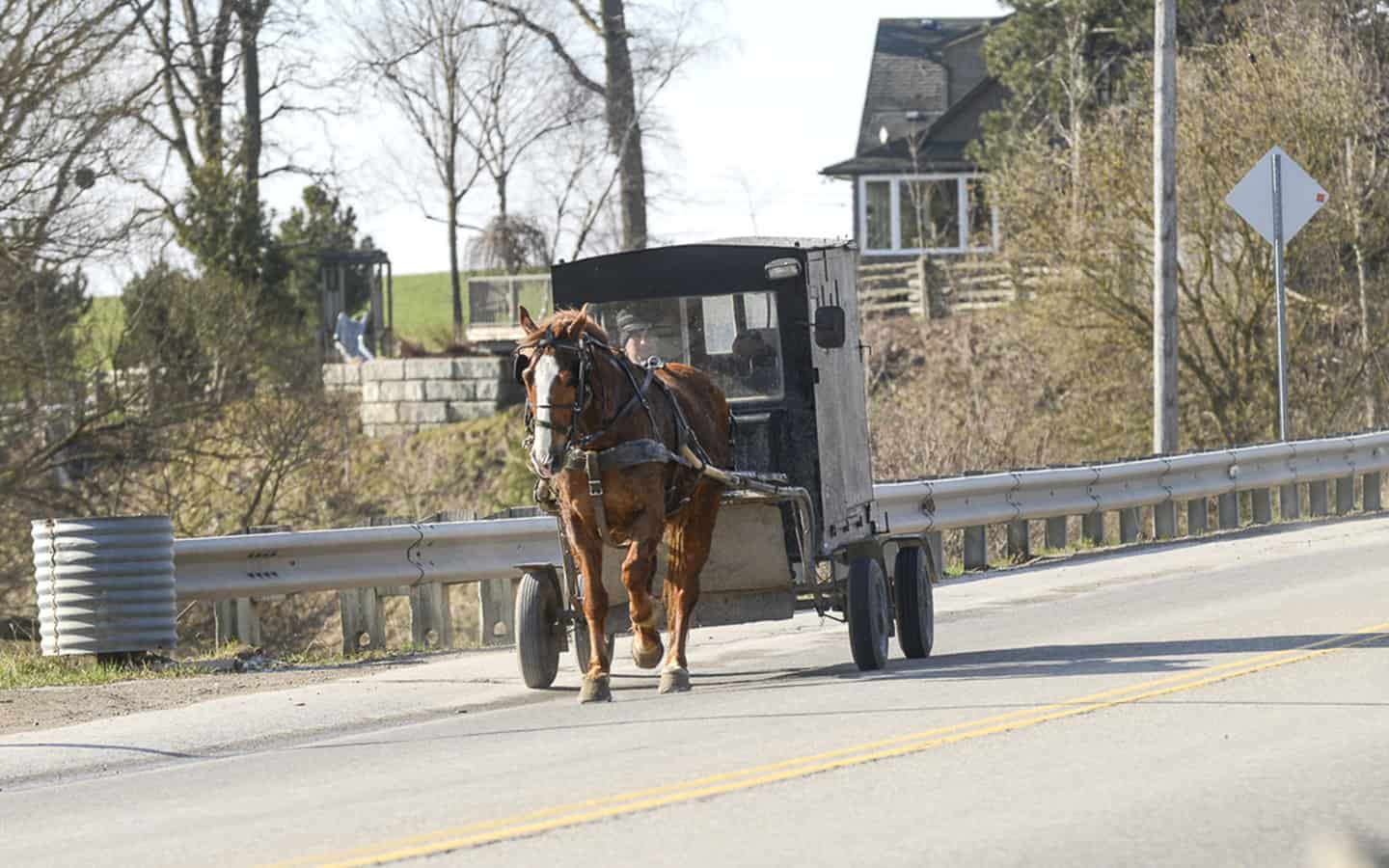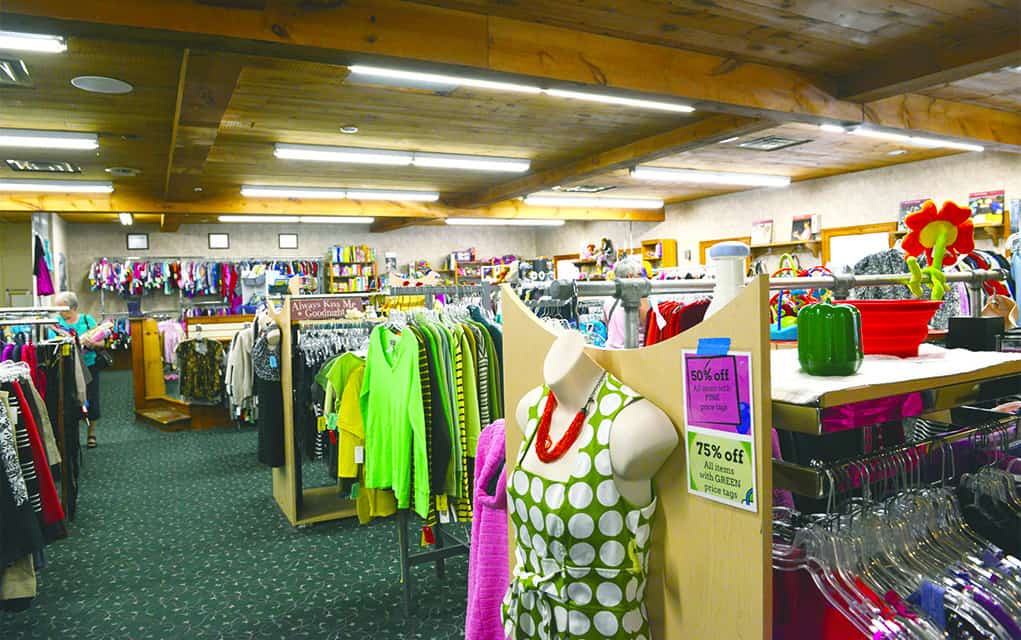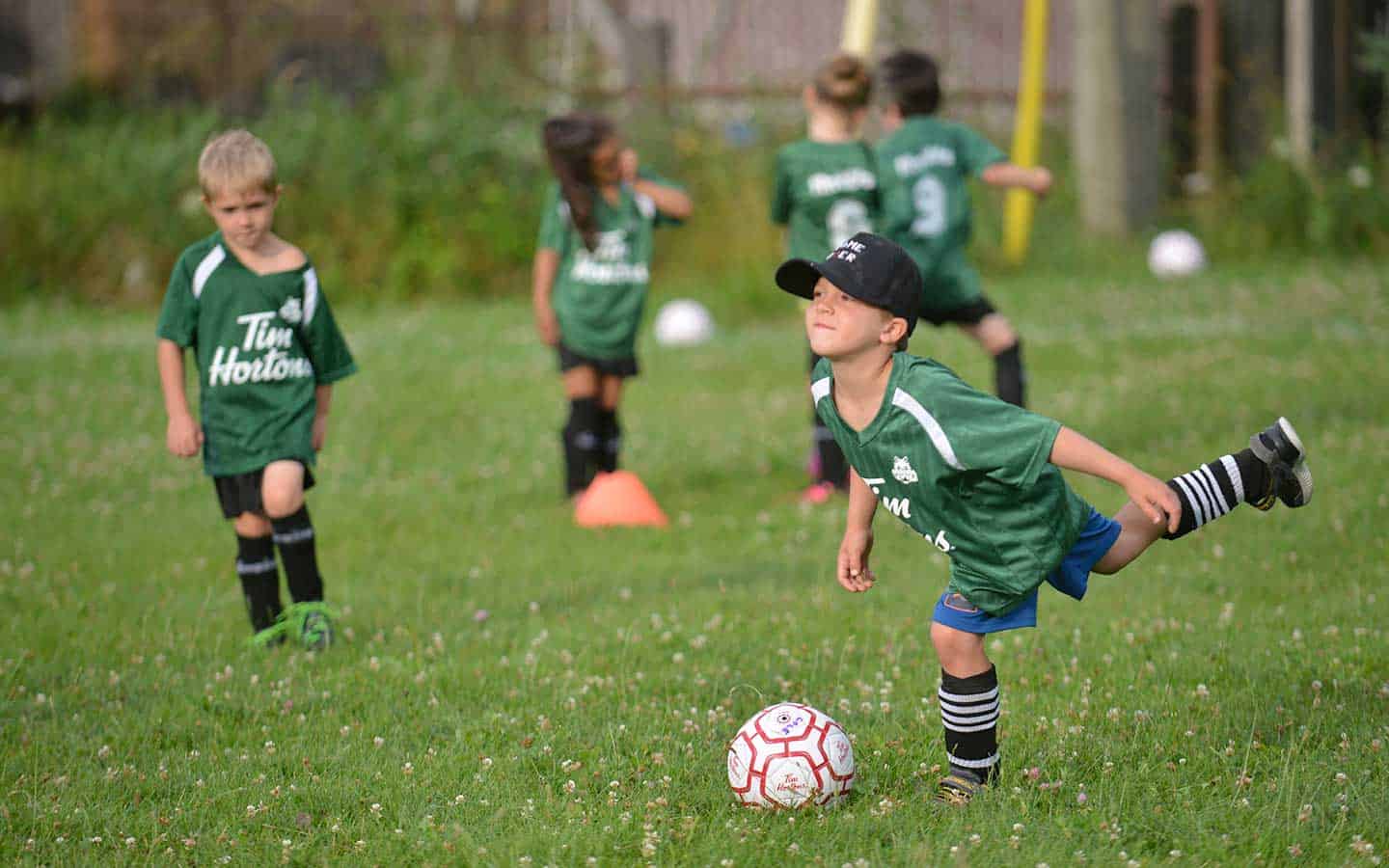Staying informed with the latest information can be a hard task especially when you don’t have access to the internet, cell phone or even a television.
While many of us take such devices for granted, some communities for a multitude of reasons do not have access to the plethora of technologies. In the time of the novel coronavirus, information is evolving and updating rapidly through technologies used by public health officials and political leaders. Seniors and the Mennonite community are the two largest groups in the area that have difficulty staying up to date due to a lack of connectivity.
Rosslyn Bentley, the executive director at the Woolwich Community Health Centre, and her team have been working closely with the Mennonite community since the beginning of the epidemic. Two weeks into COVID-19 the WCHC placed ads in local newspapers and have continued to provide updates each week since. This is a simple way for those who don’t have access to the internet to be able to read weekly updates on the virus, virus prevention and other regulations, she notes.
Likewise, in the first week of the outbreak, Waterloo Region Public Health officials visited Mennonite communities and spoke with their bishops, explaining the severity of the virus.
It’s a lesson that the Mennonites have taken seriously in light of the memory of the 1918 Spanish flu epidemic, said Bentley.
“At that time people were still working so much on the land and families were very close that they didn’t always understand,” she said.
Although some of the Mennonite communities are Low-German-speaking and have no written language, the verbal storytelling of the cruel wrath the Spanish flu had on the community is ensuring people take this virus seriously.
“They do have that very strong memory of what’s happened and what had happened in the past. And so, people are very concerned and feel it’s important to follow the rules and try to mitigate so that there is not a spread within the communities.”
During the Spanish flu, the notion of physical distancing didn’t exist, but its use today is helping to slow the spread of the coronavirus.
WCHC farm safety specialist Heidi Wagner has also been working closely with the Mennonite communities by providing information to all the parochial schools in the area. Originally, Wagner had hoped to host a farm safety conference on the topic of COVID-19, but with social distancing rules she was unable to do so. Instead, the team phoned the schools and spread the message of COVID-19 to teachers and principals who were asked to share the message with their students.
Along with such phone calls, the team also created informative posters and placed them around Linwood where there is a high population of Low-German families.
The Mennonite community has also seen assistance for the Region of Waterloo Library (RWL), which has donated approximately 30 bags of literacy support materials that include: Play-Doh, school books, new textbooks and reading books.
“We are providing the material from (RWL) by dropping it off at the end of driveways,” said Bentley.
According to the region’s acting medical officer of public Health, Dr. Hsiu-Li Wang, “Sgt. Kelly Gibson of the Waterloo Regional Police Service has also been working closely with the Mennonite communities ensuring safety standards and information is being met.”
That’s a process that will continue through the remainder of the crisis period, Wang added.
Although in the Mennonite communities, refusal of technology may be a choice, for seniors in the area it usually is a lack of training and knowledge on how to use the devices that leads to being unconnected. The elderly and seniors are also the prime demographic for infection and death when it comes to COVID-19.
Nancy Lucier of the Woolwich Seniors Associations (WSA) notes the group’s website has basic information on social distancing updates and ways to stay safe during coronavirus, but adds there’s a challenge reaching those who don’t have internet access.
Although her organization hasn’t been giving specific information on the virus to members, Lucier said they are checking in to see that members have all of their needs being met.
“We haven’t been giving out specific information about the COVID disease itself but we have been doing a check-in with our membership that do not have computers – we have a phone list where we can phone and check-in to see if they have any needs. We do ask if there are any needs that they have,” she explained.
WSA also plans to provide a list of services for members that includes grocery stores that offer senior hours as well as places offering free delivery to seniors.









